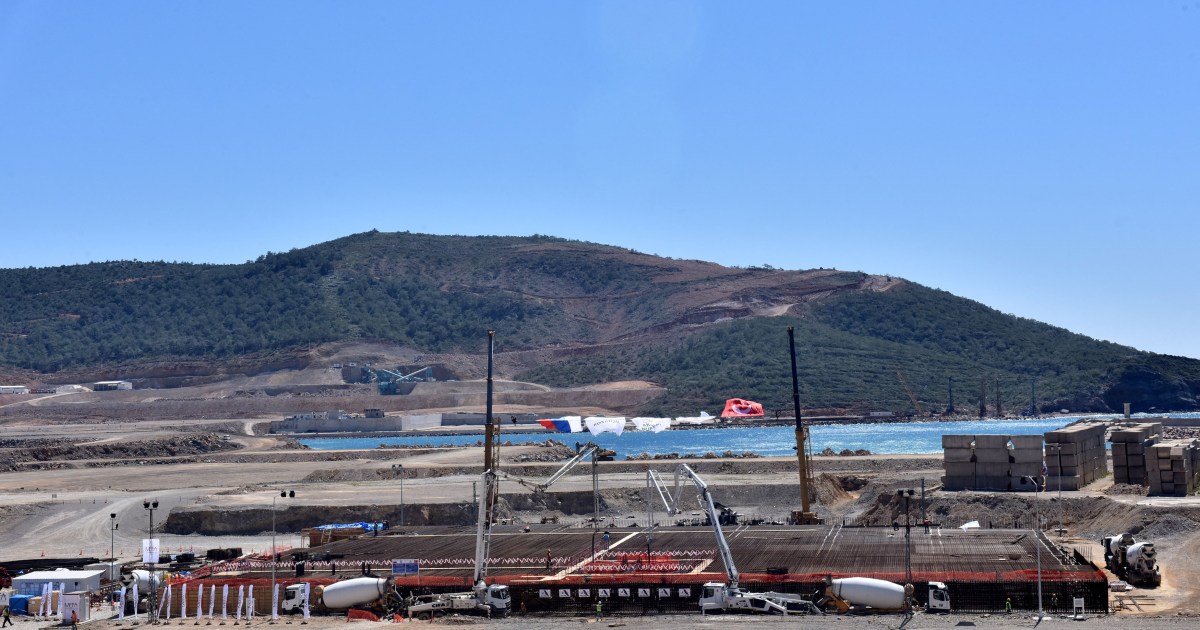Elections Define Course of Events in Iraq
Anthony Cordesman of the Center for Strategic and International Studies in Washington said that the US tragically failed in Iraq because it failed to grasp Iraq’s strategic situation and its political realities. Michael O’ Hanlon from the Brookings Institute said his view that the occupation, which wrote a new chapter in the history of modern warfare, later turned into an invasion because of inadequate planning. O’ Hanlon indicated that the elections on January 30th will play a determining role in the future of the country, but he said that some people have likened the elections to throwing a dice to solve all the problems in the country, though it would not be this easy. Rosemary Hollis, from the Royal Institute of International Affairs in London, argued that the elections will not end the insurgence and that this risk derives either from possible protesting of the elections by Sunnis, who support the insurgence, or the rise of marginal groups against the Shiites, who constitute 60 percent of the population. Experts point out that Shiite leader Ayatollah Sistani will be the key figure of 2005. They are also considering the possibility that Iraq will be divided into Shiite, Sunni and Kurdish parts.


